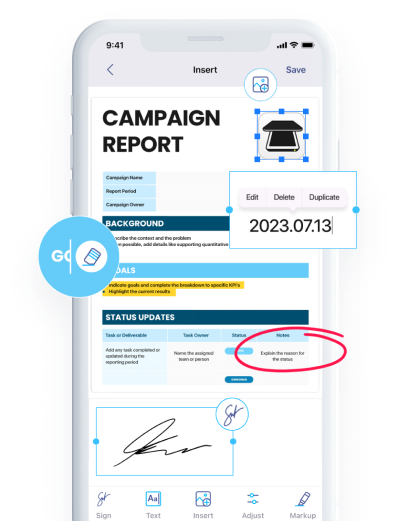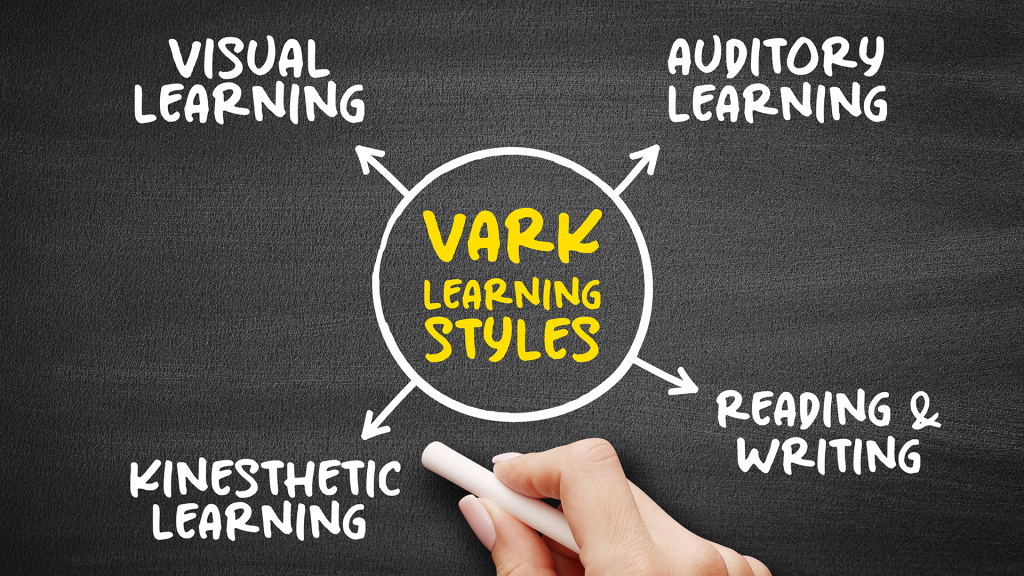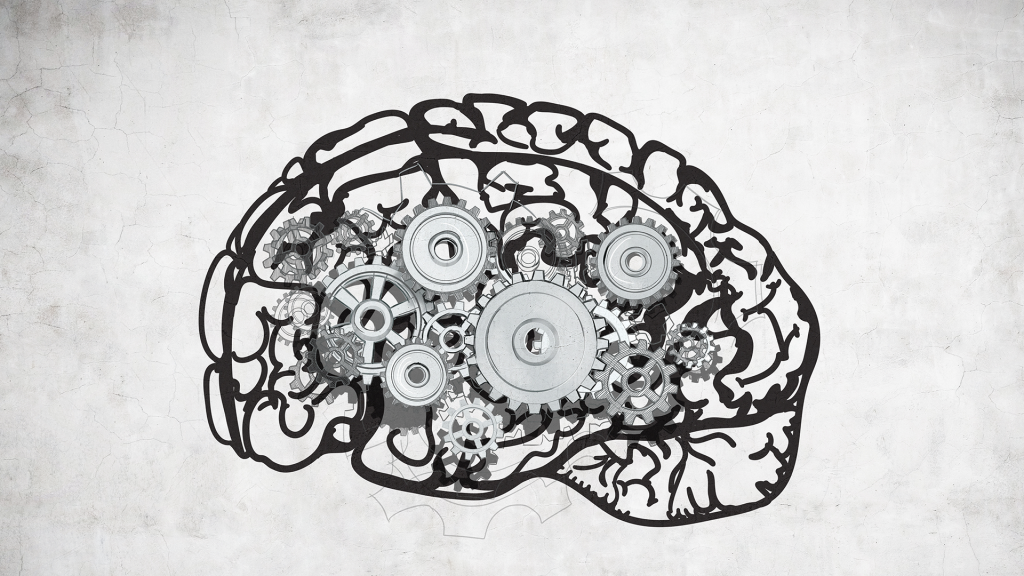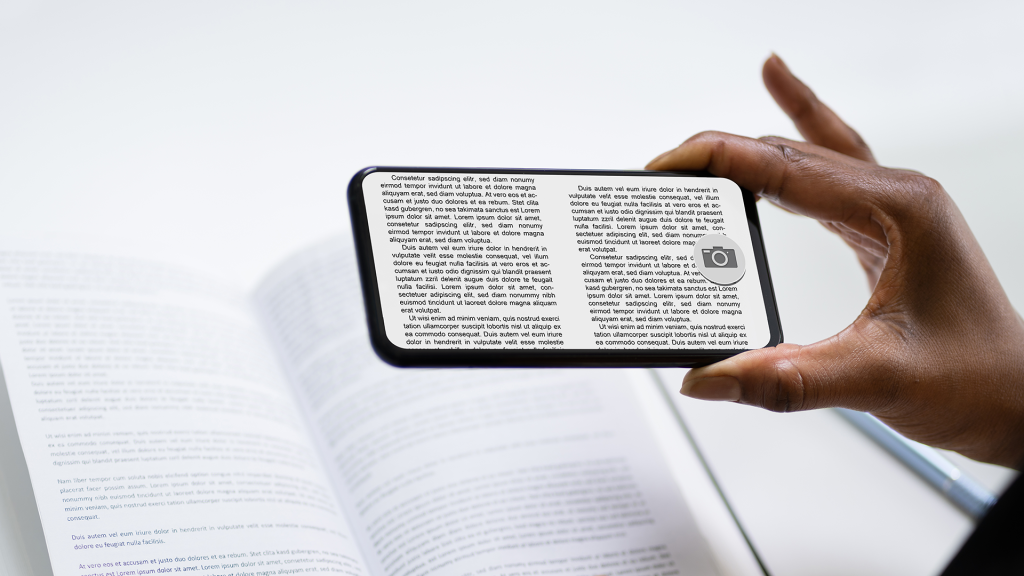

29 oct 2025
Preparing for exams can feel overly demanding. It’s easy to feel lost among all those endless notes, textbooks, and revision plans. But effective studying doesn’t have to cost you more hours. Instead, you should learn to use proven study methods and skills. With the right study techniques, you can learn to use your time wisely, stay organized, and go through exams with confidence.
Here are ten proven techniques to help you study effectively for exams, along with practical ways to stay productive and focused.

Everyone has preferences for how they study. Some students retain information better when using visual aids like charts and color-coded notes. Others prefer listening to lectures, discussing concepts in groups, or writing summaries. While there‘s no single learning style that guarantees success, understanding which study methods work best for you helps you create more effective study sessions.
Defining your preferences is key to building a study routine that fits your needs.
Cramming the night before might get you through a quiz, but it’s not sustainable for deep learning. Plan your study schedule a few weeks before exams. Break it into manageable sections and assign particular days to specific topics.
To make your study materials organized and easily accessible, consider digitizing your notes, textbooks, and handouts. Converting physical materials into searchable PDFs eliminates clutter and gives you the freedom to study wherever works best, be it at home, in the library, or on the go.
Tip: Document scanning apps like iScanner make this simple. The app creates high-quality PDFs and offers folder systems to organize materials by subject, keeping everything in one place and accessible anytime, anywhere.

Passive reading doesn’t help you retain information. Instead, engage actively with the material. Try summarizing chapters in your own words, quiz yourself regularly, create flashcards, or explain topics to a friend. These active learning techniques strengthen understanding and improve long-term memory.
Retrieval practice, namely actively recalling information from memory, is among the most effective study methods. The more you focus on testing yourself, the more confidently you’ll feel when it matters most.
Tip: Despite being a document scanning app, iScanner also offers AI functionality in the form of an AI chat. You can ask it to summarize a digitized document from the iScanner library or solve specific tasks.
Your study environment affects your focus. Find a quiet, brightly lit space and keep your desk organized. Eliminate distractions like phone notifications and unnecessary browser tabs.
If you prefer studying digitally, organize your files clearly to avoid screen clutter. When your study materials are accessible and well-organized, your mind acts similarly, staying clear and focused.

Taking notes is essential for effective studying. Techniques like the Cornell Method or outlining key concepts help you focus on the most important aspects. Clear, organized notes save time during revision and improve comprehension.
Digitizing your handwritten notes adds another level of convenience. Features like OCR (Optical Character Recognition) convert scanned pages into searchable text, letting you find specific topics in seconds. You can also annotate or highlight text digitally, which is ideal for quick reviews before exams.
Tip: Tools like iScanner offer OCR functionality, making your notes searchable and editable. Having everything neatly stored gives you control and confidence, which are two essential elements for exam success.
Instead of re-reading your notes the day before an exam, use spaced repetition. It’s a method of reviewing material at increasing intervals, which eventually strengthens memory retention.
For example, you can try reviewing a topic after one day and then exponentially increase intervals for the next few repetitions. Schedule short but consistent review sessions and track which topics need more attention. This approach has proven to be more far more practical and effective than last-minute cramming.

Mock exams are one of the best ways to create a testing environment. Set a timer, complete practice papers, and evaluate your performance. Not only does this allow you to get acquainted with the test format, but it also reduces anxiety on exam day.
Digitizing past papers makes them easy to access and review. Scan them, annotate your answers, and compare your results over time. Digital copies help you monitor progress and search for areas that may need more focus.
Tip: iScanner’s “Ask AI” feature doesn’t only summarize PDF or DOC files. You can also use it to generate document-based tests and use them as a quick solution to create mock exams and test your knowledge.
As mentioned before, studying effectively doesn’t have to take long hours. The key points to effectiveness are balance and focus. Use time management methods like the Pomodoro Technique: set a timer to break your study after 25 minutes, then take a refreshing 5-minute break. After several sessions, reward yourself with a 30-minute rest.
This approach keeps you alert and helps you remember what you’ve learned. Staying organized with your study materials also saves the precious time you’d otherwise spend searching through piles of notes.

Group study sessions are valuable for testing understanding and gaining new perspectives. Share summaries, quiz each other, and discuss challenging concepts together.
With document scanning apps, you can quickly share notes, diagrams, or assignments with classmates. High-quality scans with OCR enabled ensure everyone has access to clear, readable, and searchable materials.
Take your time to reflect after each exam is successfully passed. What study strategies worked best? Where can you improve? Review your materials to see which sections you focused on most and where you might need more practice next time.
Effective studying is a lifelong skill. Each exam teaches you how to learn, manage your time, and approach challenges with confidence.

The most effective way combines active learning, spaced repetition, and proper organization. Break large topics into smaller parts, study regularly rather than cramming, and test yourself frequently. Using organized study materials, especially digitized ones, helps you access information efficiently.
Quality learning matters more than the time you’ve spent. Aim for just a few focused hours daily with planned breaks. Use time-blocking or the Pomodoro method to maintain consistency without burning out. Short but focused study sessions are more effective than exhausting study marathons.
Choose a quiet space, disable phone notifications, and set a temporary browser filter to block certain websites that can distract you from studying. Having your notes organized and easily accessible minimizes the chaos of scattered papers and reduces the time spent searching for materials.
Both approaches work for different purposes. Individual study builds deep focus and allows you to work at your own pace, while group study encourages discussion and exposes you to different perspectives. Balance both methods based on the material and your learning needs.
Ideally, start revising several weeks in advance—up to a month. Early planning gives you time to identify weak areas, review material multiple times using spaced repetition, and avoid last-minute stress.
The best ways to study combine active learning with consistent review. Focus on understanding concepts rather than just memorizing facts, test yourself regularly using retrieval practice, and study in focused sessions with breaks. Most importantly, find a routine that fits your schedule and learning preferences, then stick with it consistently.
Success in exams comes from structured preparation, effective study methods, and the confidence to approach learning your way. As a result, you’ll cultivate study skills that can serve you beyond the classroom, improving your academic performance along the way.
Stay organized, study smarter, and remember that clever approaches make all the difference. When you have the freedom to study where and how you want, with materials that are always accessible, you can focus on what really matters: mastering the content and performing your best.
Tools like iScanner can support your routine, helping you keep your study materials neatly organized and easily accessible. From digitizing notes to sharing resources with classmates, it assists you in studying on your terms, remaining available anytime, anywhere. Besides, if you’re a student, you can claim a 50% discount for an iScanner Pro subscription.

